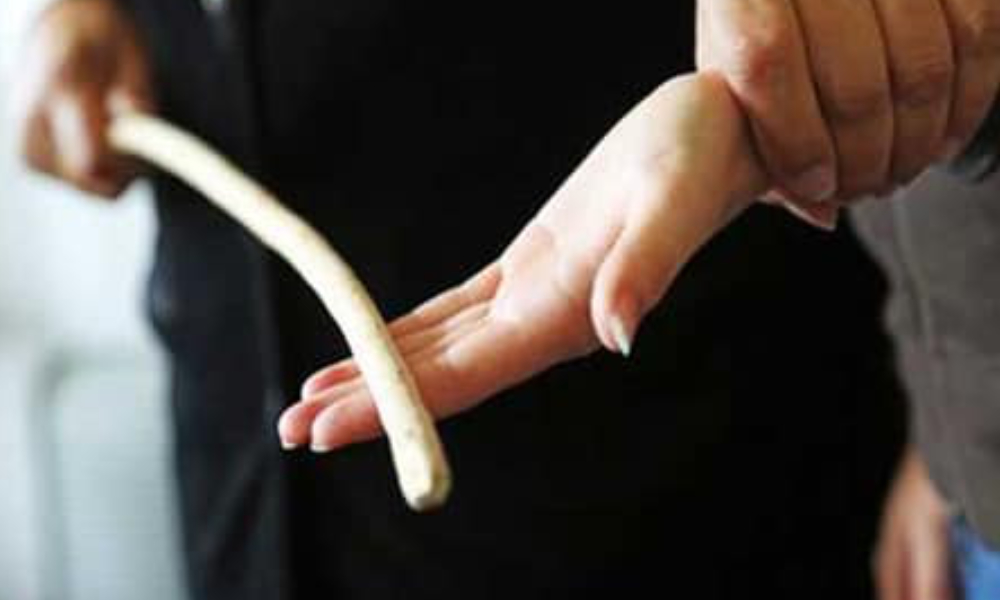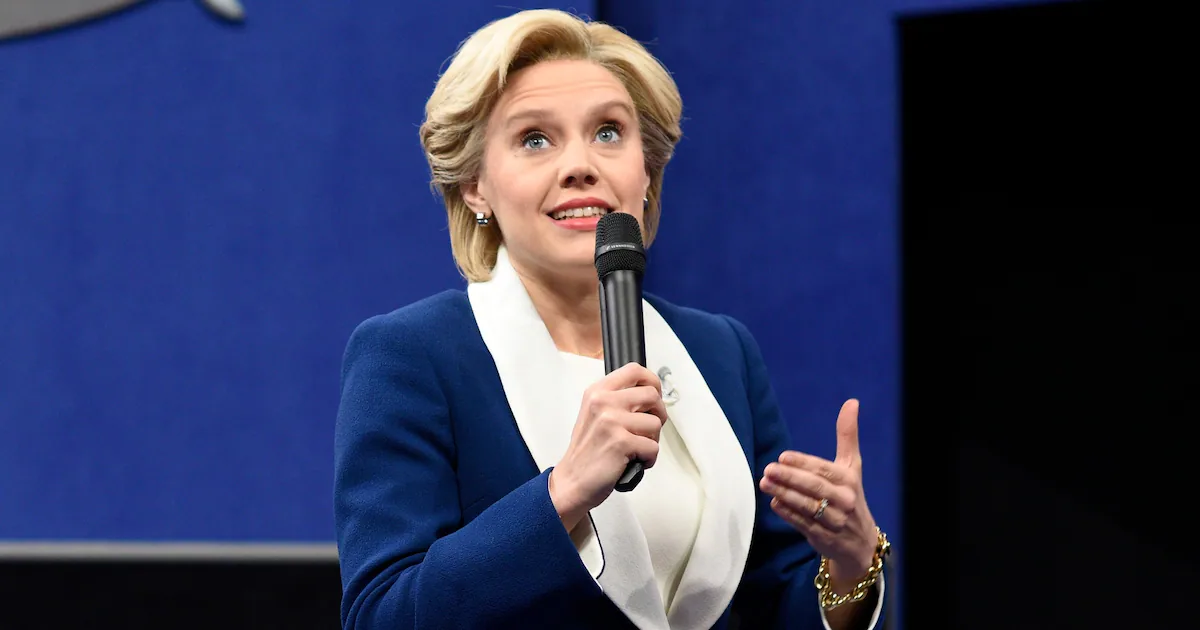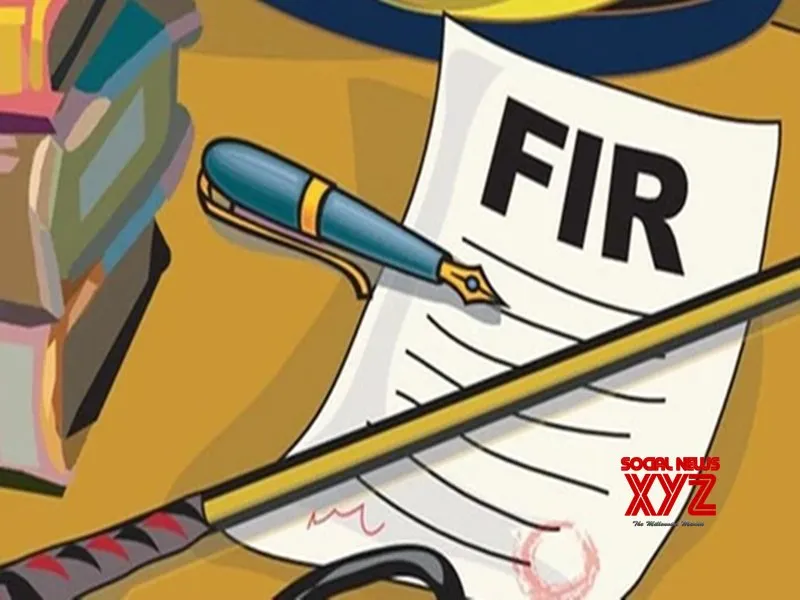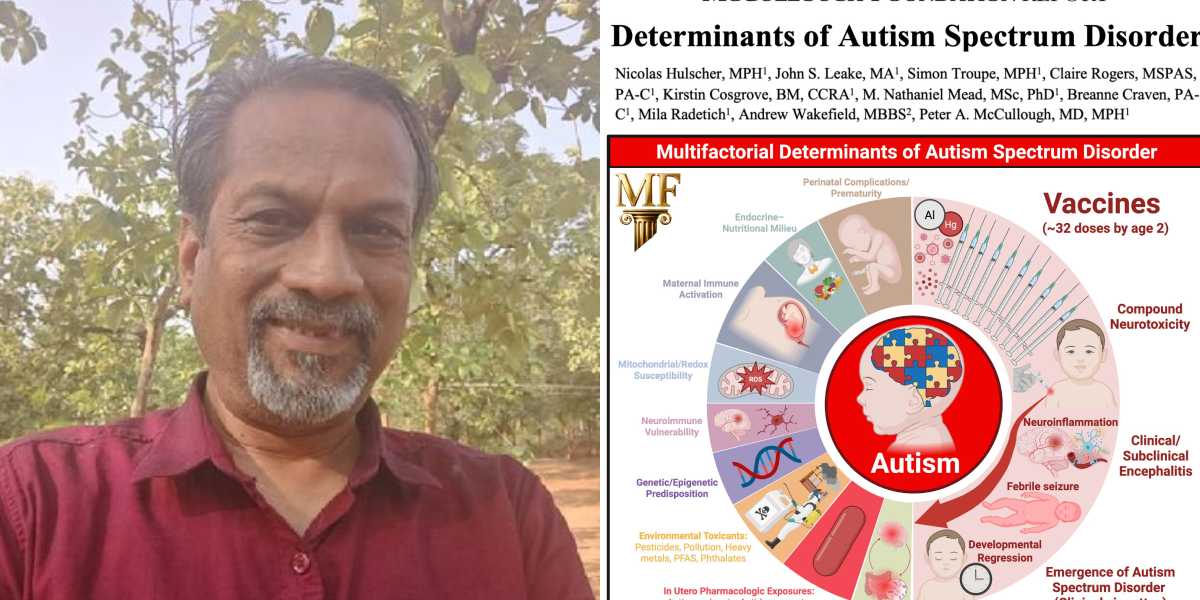Copyright scmp

Officials in the Philippines have hit back at the tirades of lawmaker Paolo Duterte, who accused the country’s armed forces of “gambling with Filipino lives” and called the military chief a “puppet of the CIA”. Observers say the allegations from the son of former president Rodrigo Duterte are aimed at resuscitating old narratives and pro-Beijing talking points to undermine the current administration. On Saturday, the younger Duterte published a statement on social media directed at Armed Forces of the Philippines’ General Romeo Brawner Jnr. In it, he accused the military of “showing off for America, even if it’s clear that Filipinos will be the first to burn from another nation’s retaliation”. The congressman, who represents Davao City, the hometown and stronghold of the Duterte clan, further accused Brawner of boasting about missiles that could reach China, in reference to the United States’ Typhon system deployed in the country as part of the annual joint military exercises with Washington. He accused Brawner further of colluding with the US Central Intelligence Agency, asking: “Who are you really serving?” The armed forces swiftly refuted Duterte’s statements, saying it “firmly denounces any misleading interpretations” of the statements, stressing that Brawner “merely stated a technical fact about the Typhon system’s range”. It also pointed out that the military chief had clarified the presence of the weapon was for training and capability-building purposes as part of a modernisation drive. “Any insinuation that the [military] or its leadership serves foreign interests is false and undermines the integrity, professionalism and patriotism of the institution and its members who continue to defend our sovereignty.” Philippine Coast Guard spokesman Jay Tarriela also fired back, accusing Duterte of stoking “unnecessary paranoia about our vital defence partnerships” and “cosying up to Beijing”. On the sidelines of the 47th Asean Summit in Kuala Lumpur earlier this week, presidential press officer Claire Castro echoed Tarriela’s statements. “The president has long said: ‘What can we expect from the Dutertes? They are pro-China.’” Manila and Beijing have been locked in a years-long territorial row in the South China Sea, often culminating in vessel confrontations and clashes, with both sides accusing each other of dangerous manoeuvres. Coordinated response? Analysts say Duterte’s fiery statements are likely to be a coordinated response to survey findings that continue to show high trust in Washington, while trust ratings for Beijing continue to flounder. About 83 per cent of Filipinos recognise the importance of defending what Manila considers its exclusive economic zone in the contested waters, while 69 per cent view the US as the country most capable of helping the Philippines address Chinese maritime aggression. The findings were from research group OCTA, which conducted the survey of 1,200 Filipinos from September 15 to 21 and released its results on October 22. Meanwhile, a Social Weather Stations survey, also of 1,200 people, carried out in June found that Filipinos continued to place “very high” trust in the US, while that for China was “poor”. “The Dutertes’ longue duree support to China’s narrative since day one of their presidency in 2016 is a very obvious quid pro quo relationship to China’s interest in our country in exchange for their longevity in national politics,” Gary Ador Dionisio, dean of the De La Salle – College of Saint Benilde’s School of Diplomacy and Governance, told This Week in Asia. “It’s safe to assume that is an obvious coordinated move from the Dutertes … especially now that the US still enjoys a high trust rating among Filipinos,” Arjan Aguirre, assistant professor at the Ateneo de Manila University’s political science department, told This Week in Asia. “I think this statement is also meant to use Duterte’s popularity, through his son, to try to influence the general perception about China by hitting the image of its rival, the US.” Aguirre pointed out that Duterte was rehashing “old narratives about the CIA controlling weak governments in exchange for funding and US support for their governments”. This was a popular concept between the 1960s and 1980s given the “CIA’s active presence in Latin America and Asia with the intention to control the spread of communism worldwide”. “Reviving this narrative not just affects the Philippine or US government, it also benefits other players who also have interests with the tarnished image of these two states,” he said, adding that such statements were likely geared towards Duterte’s strong supporter base. Although trust ratings for the Philippines’ top leaders have dropped in recent surveys, support for the Dutertes remains strong, particularly in their home region of Mindanao in southern Philippines. Research firm Pulse Asia’s survey in September found that 97 per cent in the region said they trusted Vice-President Sara Duterte-Carpio compared to the national average of 54 per cent. Even at 54 per cent, Duterte-Carpio’s rating was just a slight dip from 56 per cent in June, while President Ferdinand Marcos Jnr’s fell from 39 per cent in June to 34 per cent in September. Marcos fared better in the Social Weather Stations poll, which saw his numbers slip from 48 per cent in June to 43 per cent in September. In comparison, Duterte-Carpio’s figures fell from 61 per cent to 53 per cent.



